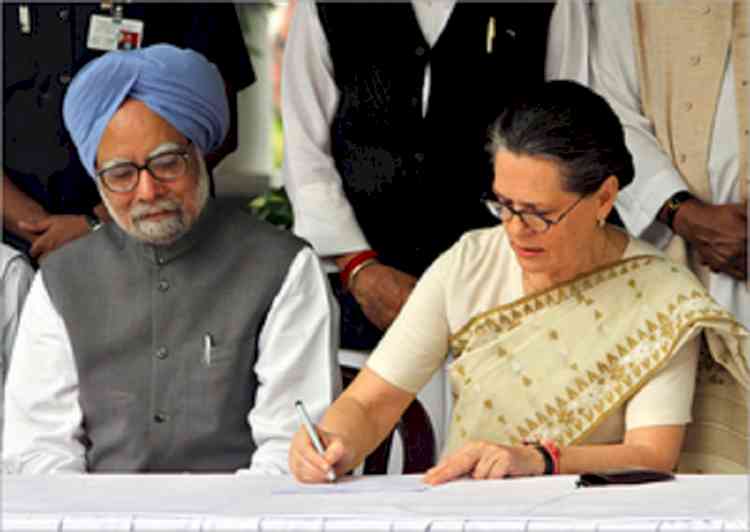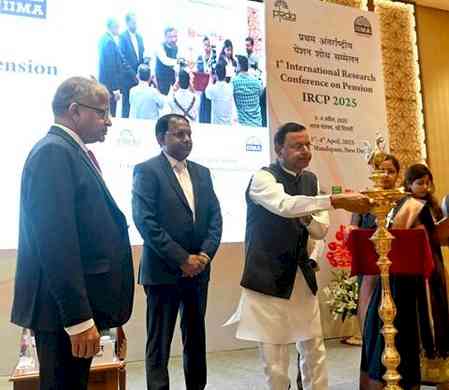UPA govt provided policy uncertainty and hostility: White Paper
While investors across the world sought ease of doing business, the UPA government provided policy uncertainty and hostility, as per the White Paper on Indian Economy tabled in the Parliament by Finance Minister Nirmala Sitharaman on Thursday.

New Delhi, Feb 8 (IANS) While investors across the world sought ease of doing business, the UPA government provided policy uncertainty and hostility, as per the White Paper on Indian Economy tabled in the Parliament by Finance Minister Nirmala Sitharaman on Thursday.
The unenthusiastic economic environment was reinforced by the hostile policy environment. The UPA government's policy inaction and missteps put off valuable private investment, which could have generated growth and jobs, at its own peril, the White Paper said.
A noted industrialist lamented the state of affairs then, saying, "You may have the Prime Minister's Office saying one thing and maybe one of the ministers having a different view. That doesn't happen in most countries. You wouldn't have a seven or eight-year wait to get clearance for a steel plant."
The demotivating investment climate under the UPA government led to domestic investors moving abroad, as per the White Paper.
A prominent industrialist even remarked that he would invest in countries like Indonesia and Brazil because frequent policy changes were scuttling his investment plans. His disenchantment and disillusionment were due to the capturing of public resources for private gains, the White Paper said.
The decade of the UPA government was a lost decade because it failed to capitalise on the strong foundational economy and pace of reforms left behind by the Vajpayee government, it said.
The potential of compounding growth never happened. It was a lost decade as the UPA government failed to gasp opportunities for technology led innovation, efficiency and growth, it added.
The Vajpayee government had set the baseline for telecom reforms. But at the time when the world was closing in on 3G, UPA was mired in the 2G scam, and the auctions had to be cancelled subsequently, the White Paper said.
BSNL, a $6 billion powerhouse in 2004, had become a loss-making company in the UPA decade. India was almost 100 per cent reliant on imported telecom equipment, it said.


 IANS
IANS 








